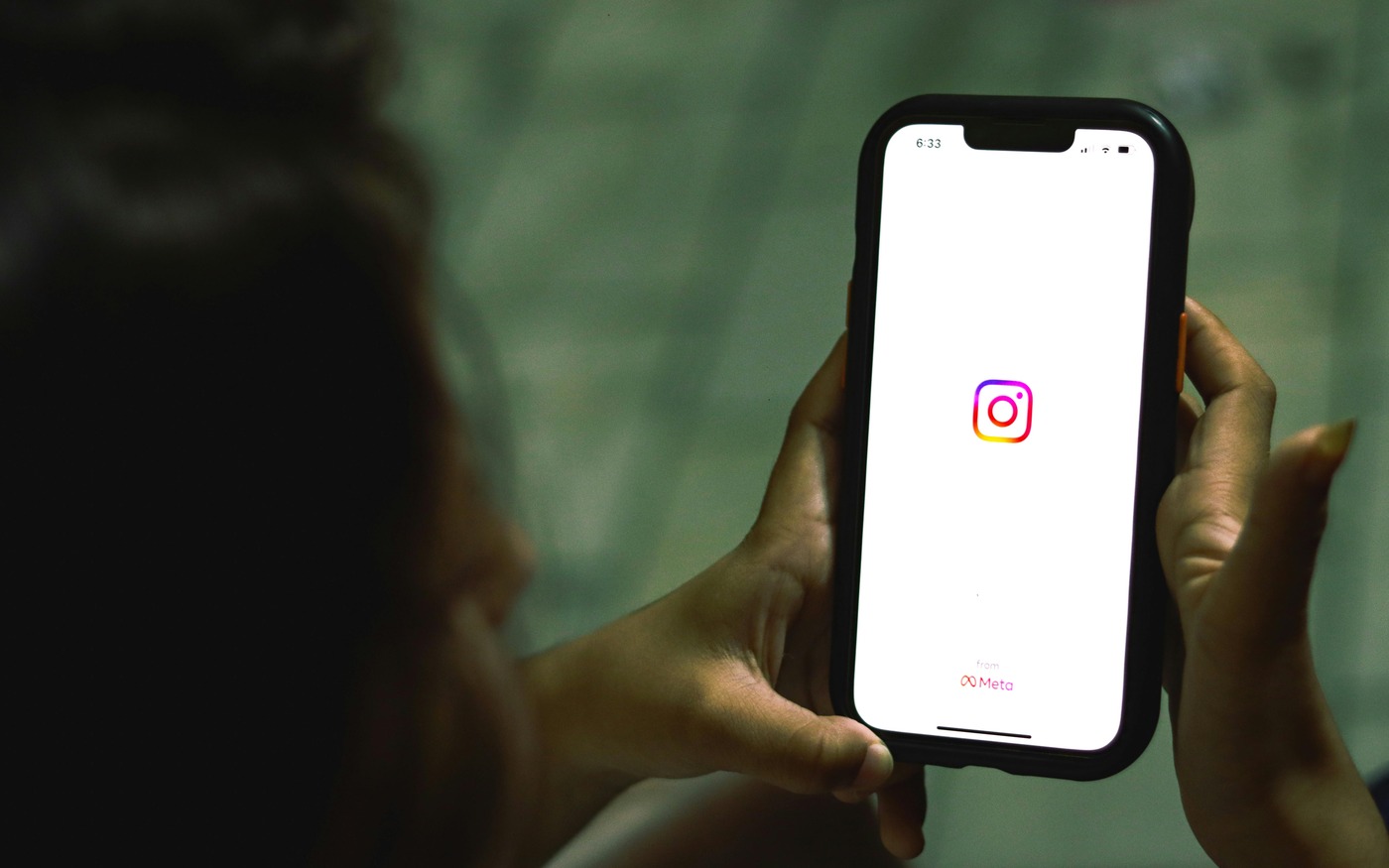New York City has launched a groundbreaking legal action against major tech corporations, accusing them of contributing to a mental health crisis among children through their addictive product designs and questionable business practices. The lawsuit, which spans 327 pages and was filed in federal court in Manhattan, targets notable companies including Meta (the parent of Facebook and Instagram), Alphabet (which owns Google and YouTube), Snap (creator of Snapchat), and ByteDance (the parent company of TikTok). This initiative represents one of the most assertive municipal legal actions to date against influential social media platforms.
Objectives of the Lawsuit
The lawsuit is fundamentally aimed at holding these companies financially accountable while also seeking significant reforms. New York City alleges it has incurred considerable expenses dealing with rising rates of anxiety, depression, and behavioral issues among children—conditions believed to be exacerbated by excessive social media usage.
Specifically, the city seeks to recoup public funds, arguing that its school system, health agencies, and social services have borne the heavy burden of what officials term “corporate negligence.” The lawsuit could pave the way for financing mental health treatments, counseling services, and academic support for students who have been negatively impacted by social media addiction, if such connections can indeed be substantiated.
A Call for Change
In addition to financial damages, New York City is requesting injunctive relief, aiming to compel these tech companies to alter their operational practices. This could involve restructuring algorithmic recommendation systems, instituting limits on endless scrolling features, and implementing safeguards against design elements that prey on the psychological vulnerabilities of children and teens.
By categorizing the lawsuit as a public nuisance case, the city asserts that the companies’ behaviors have disrupted public health and stability on a broad scale—an assertion that carries significant weight against big tech. NYC is effectively asking the court to regulate these digital environments similarly to how it addresses pollution or defective products harmful to public welfare.
Allegations of Gross Negligence
Beyond seeking financial recovery and operational changes, the lawsuit also accuses these companies of gross negligence, arguing that Meta, Google, TikTok, and Snap intentionally created addictive interfaces to boost screen time among minors, prioritizing profit from advertisements over the wellbeing of vulnerable young users.
According to the court filing, a staggering 77.3% of high school students in New York City, along with 82.1% of female students, report spending at least three hours daily on screens, including televisions, computers, and smartphones. This statistic underlines the connection between extensive screen time and issues like sleep deprivation and frequent school absences.
National Reform as a Potential Outcome
Although not plainly articulated, a broader aspiration appears to be generating legal and social pressure for national reforms regarding social media. This lawsuit may motivate tech companies toward increased transparency, stricter age restrictions, and safer user experiences—changes that many argue are long overdue.
Foundation of NYC’s Claims
The core argument put forth by New York City is that these platforms are deliberately engineered to keep young users engaged, which reflects a serious accusation. The complaint details how elements like infinite scrolling, continuous notifications, and algorithmic curation create addictive feedback loops that exploit the psychology of children and teenagers.
The lawsuit further accuses the companies of adopting design strategies reminiscent of those used in the gambling industry, like offering intermittent rewards such as “likes,” which keep users engaged for longer than they intended. Research indicates that such designs can lead to sleep deprivation, anxiety, depression, and declines in academic performance among youth, lending credence to NYC’s claims.
Impact on Local Institutions
Moreover, the city highlights the tangible burden these issues impose on its institutions. Schools have reported rising absenteeism, healthcare facilities are witnessing increased youth admissions linked to mental health issues, and social services are becoming overwhelmed—an alarming trend not confined just to New York City.
Evidence of Social Media’s Influence
The lawsuit also references the troubling trend known as “subway surfing,” where teenagers ride on top of subway cars, as further proof of social media’s role in promoting hazardous behavior. According to city data, at least 16 young individuals have lost their lives in such incidents since the beginning of 2023.
Responses from the Tech Giants
In response to the lawsuit, the tech companies initially denied any wrongdoing. Google has contended that YouTube primarily serves as a video-sharing platform and should not be judged under the same criteria as social networks. Meta and TikTok have yet to provide detailed responses.
Though New York City’s suit may resonate with the public, the legal route remains intricate. Establishing a direct causal relationship between social media design and adverse mental health outcomes poses a significant challenge. The city must demonstrate, beyond a reasonable doubt, that these features are not only addictive but also directly responsible for the harm necessitating public intervention.






